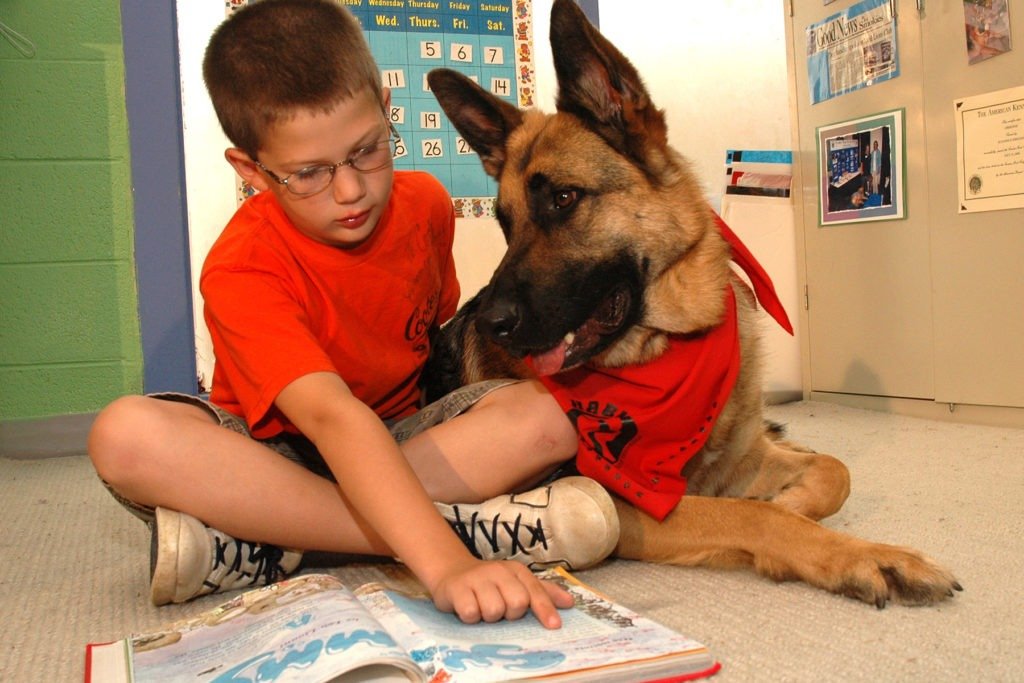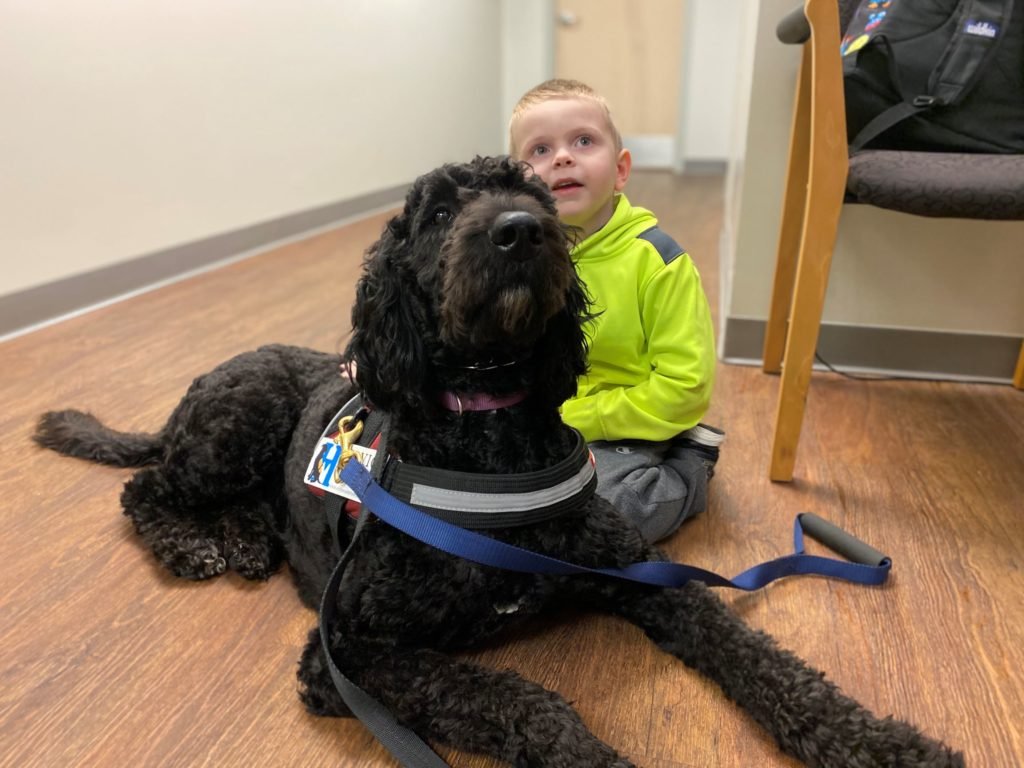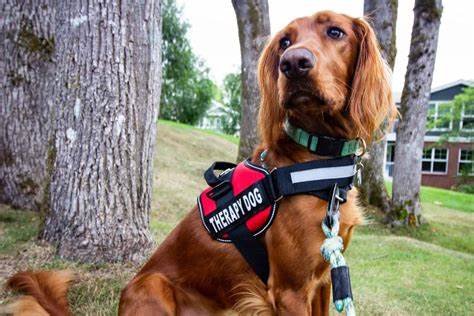Therapy Dogs for Children with Autism
Therapy dogs can provide incredible support for children with autism, offering both emotional and physical benefits. These dogs help improve social skills, reduce anxiety, and provide a sense of calm in overwhelming situations. The bond between a child and a therapy dog can enhance communication and provide comfort during sensory overload. Therapy dogs also encourage children to engage in activities they might typically avoid, such as going outside or interacting with peers. The positive impact therapy dogs have on children with autism extends to their families, fostering a supportive environment at home and in social settings.
Benefits for Children with Autism
Therapy dogs assist children in navigating daily challenges, especially when it comes to socializing and managing sensory overload. By providing a stable, calming presence, these dogs help children feel safe in situations that may be overwhelming. Therapy dogs can act as a bridge for improving communication, as children often feel more at ease with the animal than with human interaction. This can lead to increased comfort in therapy sessions, school activities, and even public outings.
Moreover, the unconditional love and non-judgmental nature of therapy dogs foster emotional connection, offering children a safe outlet for expressing their feelings. The presence of a therapy dog can reduce anxiety and improve focus during tasks, whether at home or in a school setting.

How Therapy Dogs Help with Social Skills
For children with autism, forming social connections can be challenging. Therapy dogs provide an opportunity to practice socialization in a low-pressure environment. By interacting with the dog, children can develop trust and learn to engage with others in a comfortable, familiar context. Over time, this can translate into improved social skills and a greater sense of confidence in approaching both animals and people.
In group settings, therapy dogs also act as conversation starters, helping children connect with their peers in school or during social outings. This can be particularly valuable in helping them overcome social barriers and feel more included in group activities.
Reducing Anxiety and Stress
One of the most significant benefits of therapy dogs for children with autism is their ability to help reduce anxiety. The simple act of petting or cuddling with a therapy dog can have a calming effect on children. For children who experience heightened stress due to sensory sensitivities or communication challenges, having a dog around can provide immediate relief and comfort. The steady presence of a therapy dog creates a sense of security, allowing children to manage their emotions more effectively.
Additionally, therapy dogs can help children cope with transitions, such as moving from one environment to another or adapting to new routines. The dog offers a sense of continuity, helping the child feel grounded amid change.
Building Emotional Connections
Children with autism often struggle with expressing or understanding emotions. Therapy dogs can help bridge this gap by providing emotional support and offering a clear outlet for affection. Children learn to nurture and care for their dog, which can improve empathy and emotional intelligence. These interactions teach them to recognize the emotional needs of others and practice appropriate responses, laying the foundation for healthier relationships.
What Makes a Good Therapy Dog for Children with Autism?
Not all dogs are suited for therapy work. Dogs selected for this role must be calm, patient, and comfortable with various stimuli, including loud noises or sudden movements. A therapy dog for a child with autism should be gentle, non-aggressive, and willing to stay close to the child for extended periods. Additionally, the dog must be well-trained to follow commands and behave consistently in diverse situations.
Breeds often recommended for therapy work with children include Golden Retrievers, Labradors, and Poodles, but the most important factor is temperament. Each dog is unique, and the right match will depend on the specific needs of the child.
Conclusion
Therapy dogs can significantly improve the lives of children with autism. Their ability to offer emotional support, reduce anxiety, and facilitate social interactions makes them invaluable companions. For many children, therapy dogs become trusted partners in their journey toward improved communication, emotional regulation, and social skills. The bond between a child and their therapy dog creates a sense of security, helping the child feel more at ease in their daily lives.








